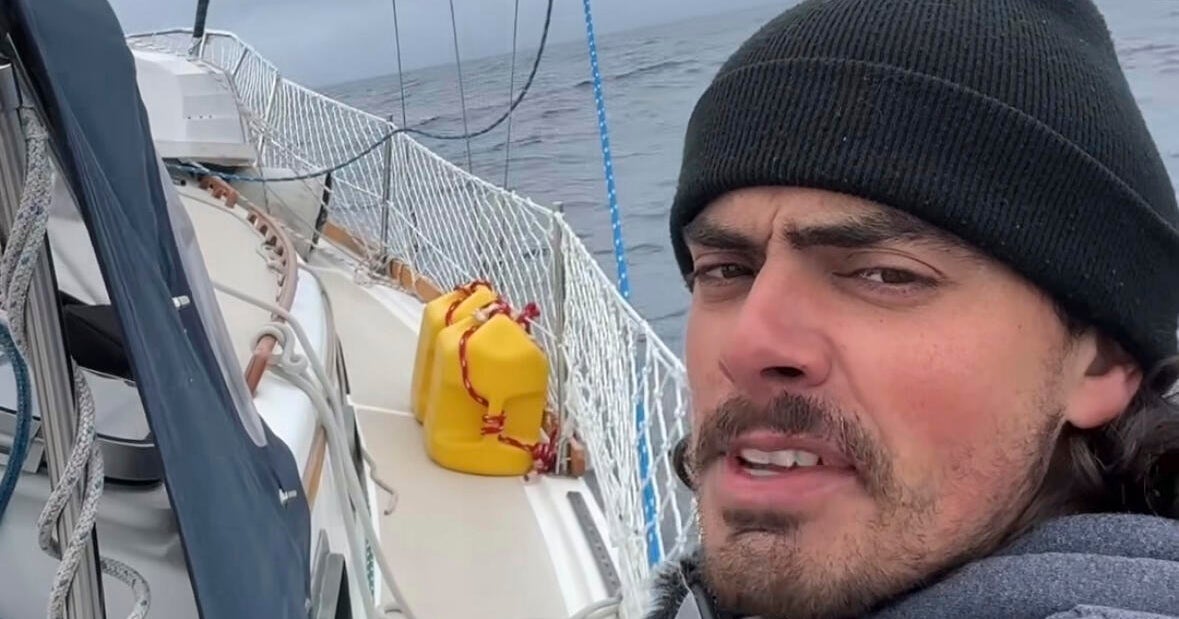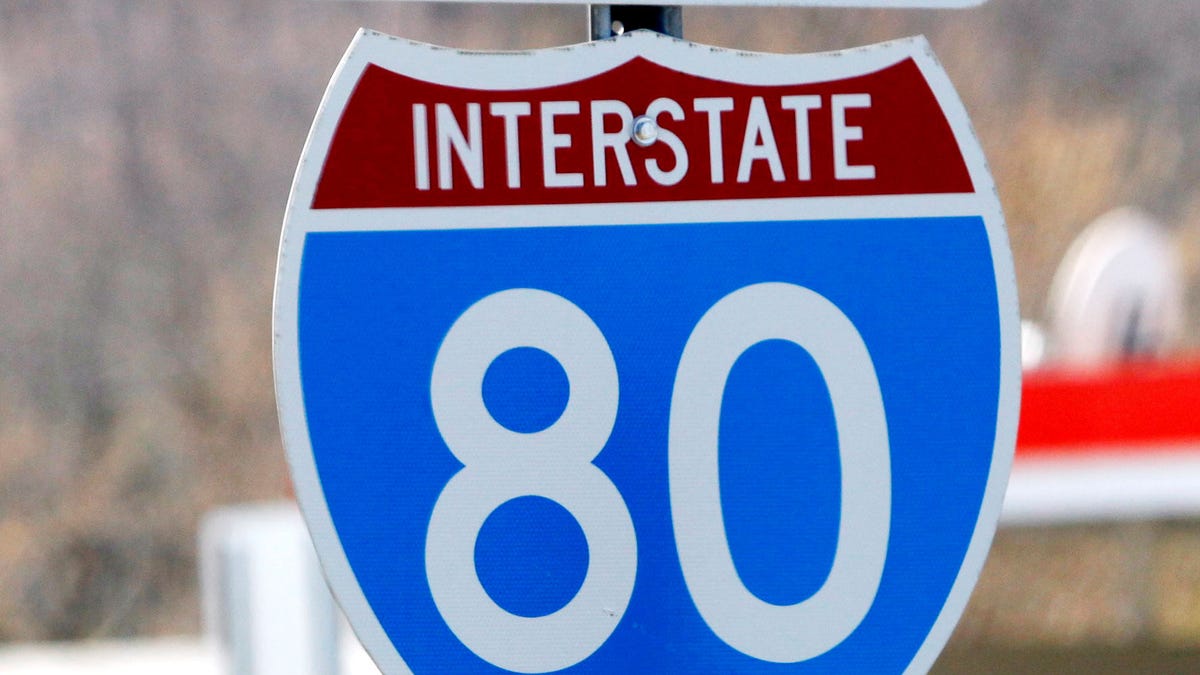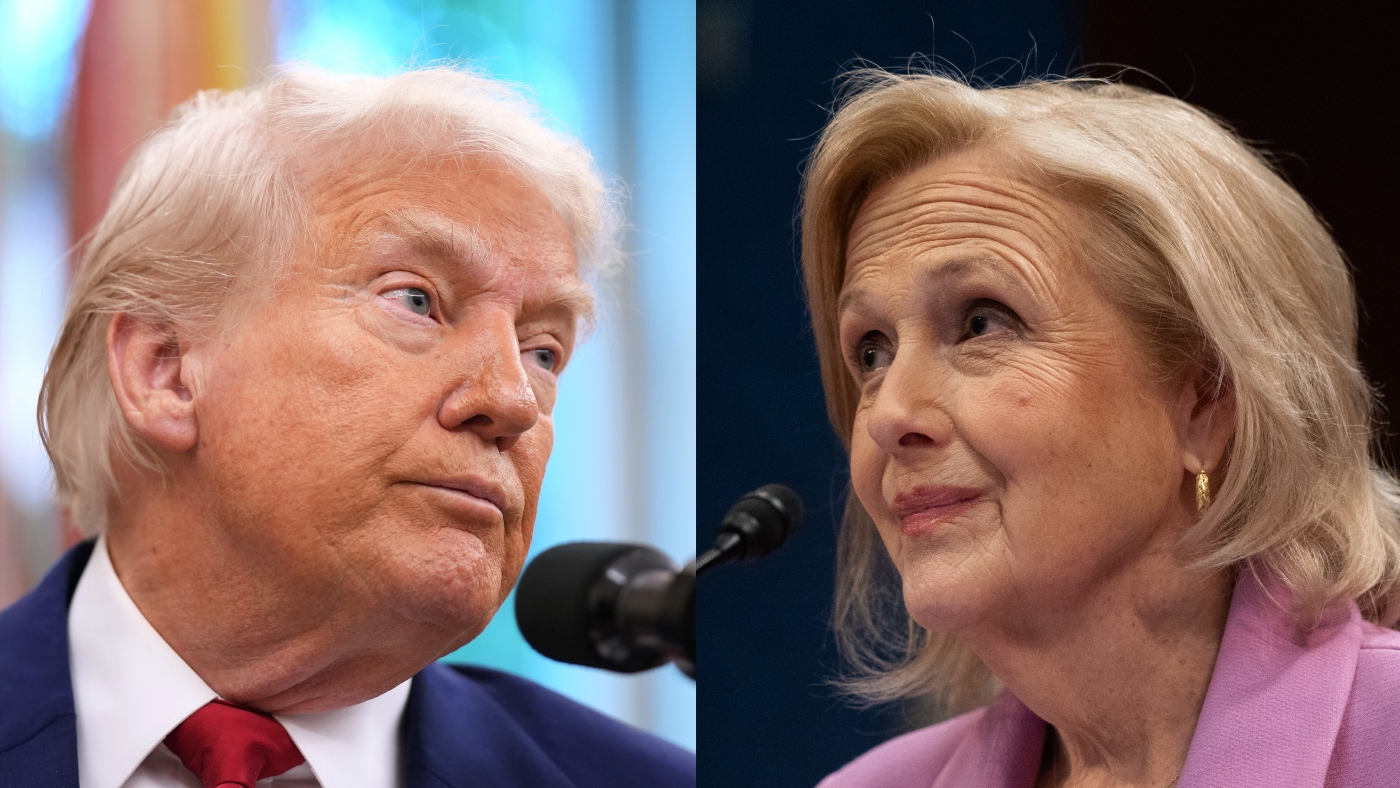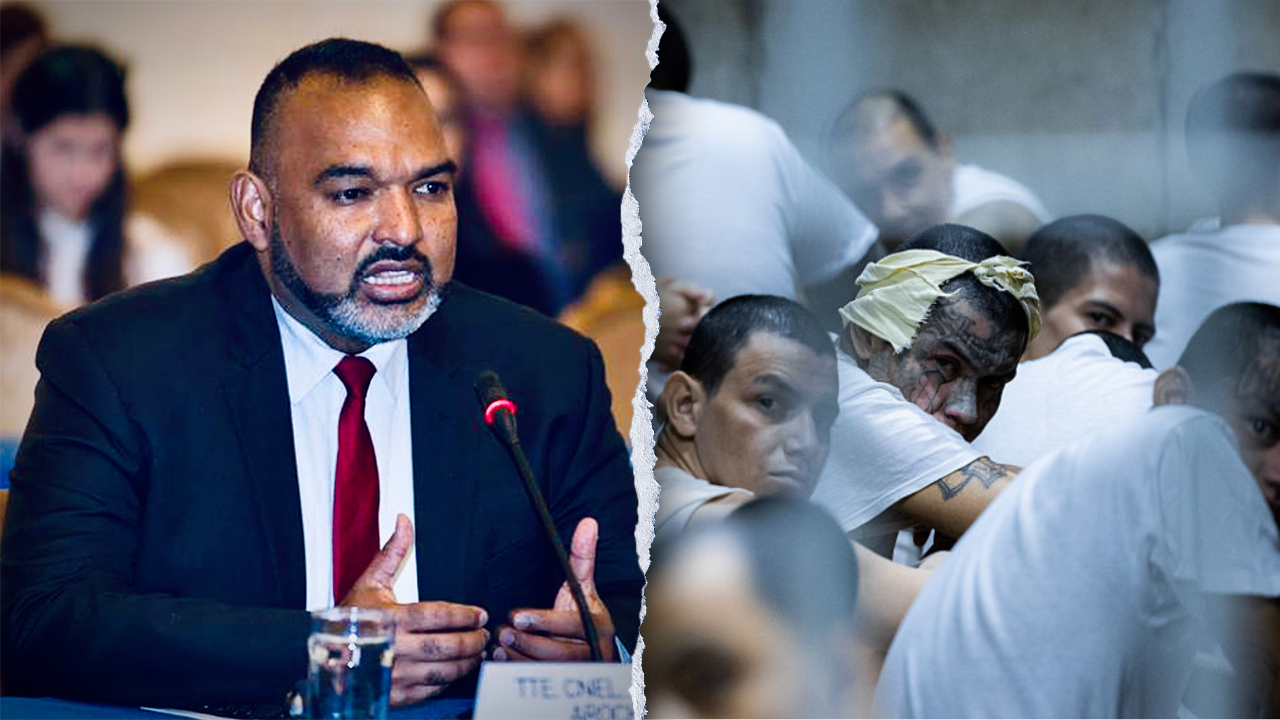North Dakota
Lame-duck North Dakota lawmakers roamed to faraway conferences on the taxpayers’ dime

BISMARCK — Over a long career in public budget writing, former North Dakota Rep. Jeff Delzer earned a reputation as a champion of conservative spending.
The Underwood Republican’s travel log tells a different story.
Delzer took more than 30 taxpayer-funded trips to out-of-state conferences and meetings in the past decade, collecting nearly $26,000 in daily payments for himself along the way.
One of Delzer’s costliest excursions came after voters decided they didn’t want him in office any longer.
About two months after
losing his bid for reelection
in last year’s primary, Delzer attended an annually held legislative summit in Denver. The state funded the trip to the tune of $3,700.
Delzer wasn’t the only lame duck to wander from the pond. Since 2014, the North Dakota Legislature has spent more than $45,000 to send a dozen retiring and defeated lawmakers to out-of-state conferences, according to documents obtained by Forum News Service through a public records request.
Some of the departing lawmakers served on interstate policy boards and were expected to show up to faraway meetings, but others went to conferences that could have been attended by any of their colleagues who planned to remain in the Legislature.
Rep. Robin Weisz, a Hurdsfield Republican who briefly oversaw legislative conference attendance this year, said lawmakers who announce their retirement or lose an election “shouldn’t be sent anywhere after that point.”
“To me, it should be people going that are gonna get usefulness out of the meeting,” Weisz said.
Delzer said lawmakers who are leaving office still can gain valuable information from conferences to share with those who will stay in the Legislature.
Forum News Service file photo
“You don’t want to quit learning, and just because you’re not there does not mean you’re not going to have the opportunity to visit with people and bring back and share what you learned at these conferences,” Delzer said.
Most of the lame-duck trips were approved by former Sen. Ray Holmberg, a Grand Forks Republican who resigned in June after a Forum investigation found he
exchanged text messages
with a jailed man accused of child pornography crimes.
Holmberg, who
attended more out-of-state trips
than any of his peers since 2013, also signed off on his own travel during the parts of eight years he served as chairman of Legislative Management, an interim panel of top lawmakers.
The senator’s ability to authorize his own state-funded trips was “a basic conflict of interest,” said Mark Jendrysik, a political science professor at the University of North Dakota.
“That is completely unethical. I can’t believe they let him do that,” Jendrysik said. “You can’t possibly be unbiased in your own case.”
When asked whether it was a conflict of interest to approve his own travel, Holmberg said the chairman of Legislative Management is given that authority by state law.
“How else would you do it? That’s what the law is,” Holmberg said.
Since 2013, the state has spent an average of $450,000 each two-year budget cycle to cover legislators’ conference-related expenses, including airfare, lodging, meals and daily pay, known as per diem.
The goal of sending lawmakers to conferences is “primarily educational,” said Legislative Council Director John Bjornson.
Members of the House of Representatives and Senate can learn from policy experts and compare notes with their counterparts from other states, Bjornson said. When the Legislature heads into session, lawmakers can use what they picked up at conferences.
Jendrysik said sending soon-to-be sidelined lawmakers on such trips strikes him as unethical since “you can’t apply the things you learn on the taxpayers’ dime in the Legislature.”
Nearly all of the lame-duck lawmakers who attended out-of-state conferences during their waning terms held positions of influence within the Legislature or their party.
Delzer, the longtime chairman of the House Appropriations Committee, made two state-funded trips after losing to two Republican candidates in June. Besides the National Conference of State Legislatures (NCSL) summit in Denver, he attended a San Antonio meeting of the Energy Council, a board on which he served.

John Hageman / Forum News Service
Former House Speaker Kim Koppelman, R-West Fargo, attended a July meeting of Midwest lawmakers hosted by the Council of State Governments (CSG) in Wichita, Kansas. Several months earlier, he had
dropped out of his race for reelection
after losing his local party’s endorsement.
Less than two weeks after proclaiming that he
would not seek another term
in July 2019, former Sen. Dwight Cook attended an NCSL summit in Nashville, Tennessee. The Mandan Republican who chaired the Senate Finance and Taxation Committee for a decade also attended meetings of two separate
interstate tax policy groups
to which he belonged.
Caroyln Nelson, a former assistant minority leader in the Senate, attended an NCSL conference near San Diego in December 2017 less than a month after
announcing her intention to retire
the following year. The Fargo Democrat also went to meetings in northern Minnesota and Chicago for boards on which she served.
Former House budget writer Mark Dosch, R-Bismarck, attended a CSG meeting in Milwaukee about six months after
it became public
he would not seek reelection in 2016.
Former House Speaker and Majority Leader Wesley Belter, R-Fargo, attended conferences in Chicago, Denver and Burlington, Vermont, after
announcing he would not seek another term
in December 2015.
Tony Grindberg, a longtime Senate budget writer from Fargo, went to a CSG conference in Anchorage, Alaska, three months before the end of his final term in 2014. The Republican who now serves on the Cass County Commission
announced he would not seek another legislative term
in January of that year.
The ex-lawmakers offered several justifications for the trips they took before leaving the Legislature.
Cook and Nelson said they were already registered for the conferences before announcing they would retire. Nelson added that she shared the information she gained from the meetings with other members of her small Democratic caucus.
Belter said elected representatives must continue serving their district and the state until the end of their term. He noted that current lawmakers occasionally ask him about certain issues, so his legislative knowledge is still put to good use.
“I think that the biggest point I would like to make is that I see nothing wrong with a legislator going to a conference after they’ve decided (to retire) because there is no replacement for them at that point in time,” Belter said.
Delzer said the trips he took were justified since he used the knowledge he gained “validly and wisely.”
Koppelman, Dosch and Grindberg did not respond to Forum News Service’s requests for comment on this story.
Several other lame-duck lawmakers attended out-of-state meetings of groups to which they belonged, including former Sen. Jessica Bell and former Reps. Scot Kelsh, Lois Delmore and Jim Schmidt.
Bell, Kelsh and Delmore said they were expected to go to the meetings as members of their respective panels. Schmidt did not respond to a request for comment.
Former Sen. Joe Miller, R-Park River, attended a Denver agriculture conference as a lame duck in 2016, but he did not collect a per diem or any travel reimbursements. The state paid only the $745 he needed to register for the conference.
Miller told Forum News Service he received enough regular compensation for being a lawmaker, and he “just thought it was unnecessary to be further paid” for going to a meeting.
Holmberg approved most of the lame-duck trips as the chairman of Legislative Management from 2013-2018 and again from 2021 until April 2022, when he resigned from the position.
He told Forum News Service he took cues from the majority and minority leaders, who recommended members of their caucuses for different conferences. Holmberg said he thought sending lame ducks to conferences wasn’t a good use of public funds, but signed off on it if legislative leaders insisted.

Jeremy Turley / Forum News Service
Former Senate Majority Leader Rich Wardner, R-Dickinson, said he rejected plenty of travel requests by soon-departing lawmakers, but he made exceptions for important members of interstate committees.
Former House Majority Leader Chet Pollert, R-Carrington, said it was valuable to send experienced lawmakers — even sometimes lame ducks — to represent North Dakota in various policy groups to make sure other states didn’t have undue influence.
Weisz chaired Legislative Management for less than two weeks this month before House Majority Leader Mike Lefor, R-Dickinson, took over the role.
But even in his abbreviated time at the helm, Weisz said he began receiving travel requests from lawmakers for conferences as far out as next year. Some of the requests came from colleagues he believes won’t seek reelection. Now, Lefor will have to deal with those, he said.
“I was like, ‘OK, do we really want to send someone who’s not running or frankly is checked out in a way already? To me, that is an issue,” Weisz said. “You do want to send people that are going to bring back something useful and not (to) get a paid vacation.”
Weisz, who has attended only a couple of out-of-state conferences during his nearly 30-year tenure, said the approval of conference attendance over time has become more first-come-first-serve and less a strategic effort by leaders to prepare and improve important lawmakers.
Lefor said he will evaluate travel requests on a case-by-case basis to determine whether investing in a lawmaker’s training benefits the state. Lawmakers can spend up to $965,000 over the next two years on conference attendance.
Jet-setting at state’s expense
The locations of conferences attended by Holmberg since 2013 read like a glossy travel magazine’s table of contents: Norway, Puerto Rico, Alaska, Los Angeles, Miami and Vail, Colorado.
As Weisz put it, Holmberg “rarely missed a meeting.”
In all, Holmberg made about 65 publicly funded trips over the last decade at a total cost of nearly $126,000 —
by far the most of any lawmaker.
He was paid $47,000 in per diem for attending the conferences.
He approved most of the trips himself as chairman of Legislative Management.
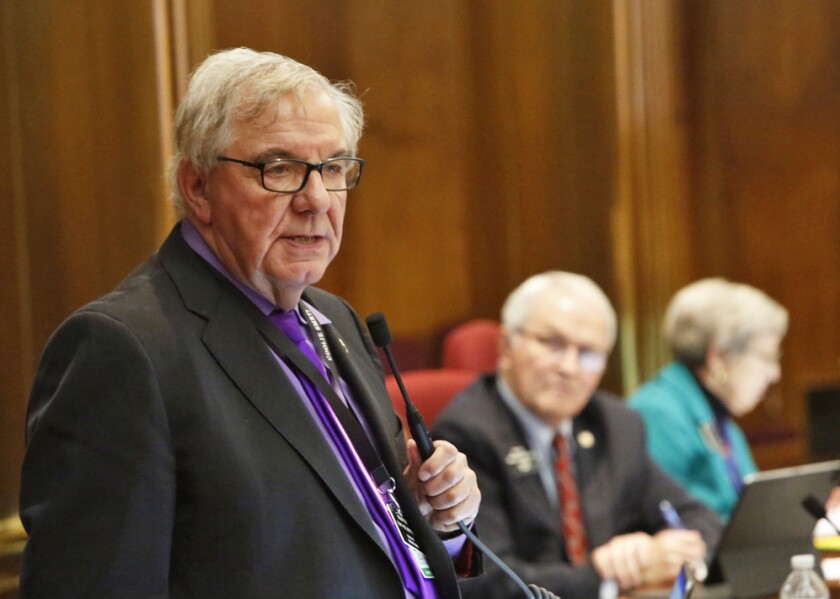
Jeremy Turley / Forum News Service
Holmberg told Forum News Service his role as a leader in between legislative sessions necessitated his frequent appearances at conferences and meetings across the continent.
Despite holding the ultimate authority to approve his own travel, Holmberg said he consulted Wardner before signing up for the conferences. Wardner said he never rejected Holmberg’s requests “because they were all reasonable.”
Weisz said it makes sense that Holmberg attended more meetings than the average legislator, but “he took advantage of it.”
Jendrysik, who teaches a graduate-level class on ethics in the public sector, said Holmberg shouldn’t have been able to exert influence on his own travel requests. The professor noted that he wasn’t permitted to approve his own travel when he chaired his department due to the conflict of interest it would have presented.
In the future, there should be a committee or some other mechanism to review travel requests by the chairman of Legislative Management, Wardner said.
Since Lefor is both the House majority leader and the chairman of Legislative Management, he wouldn’t have to consult anyone at all before approving his own trips.
Lefor agreed that there probably should be some check on the chairman’s travel, but he isn’t yet sure what form that would take. On a personal level, Lefor said abusing the power of the position won’t be an issue for him.
“I don’t think you’ll find me taking a lot of trips,” Lefor said. “I think I would hold myself to a higher standard.”

North Dakota
Illini offer three-star tight end from North Dakota
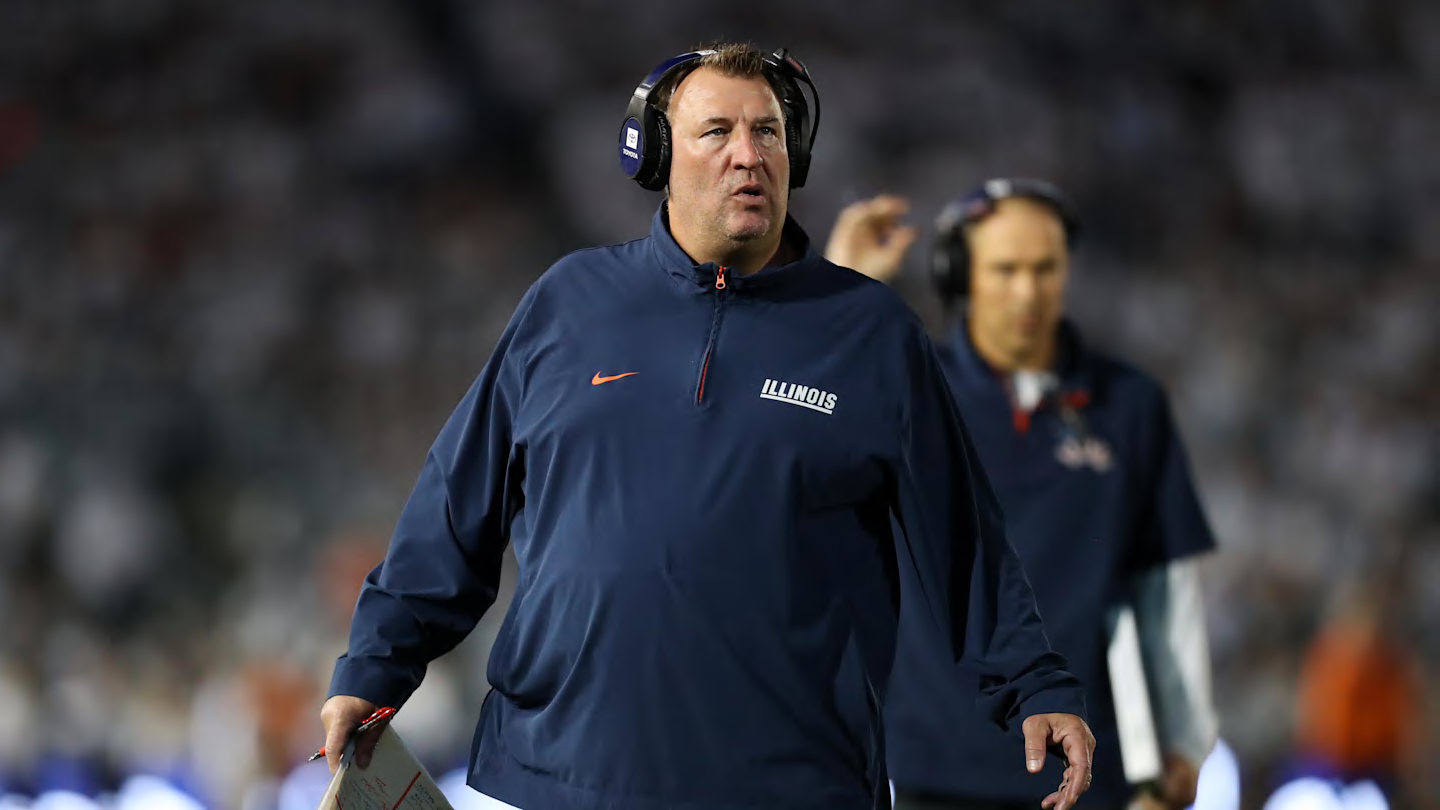
Bret Bielema and the Illinois coaching staff continue to remain busy on the recruiting front after offering three-star tight end Ben Hynek on Thursday. And why shouldn’t they? The Illini have been on a roll lately.
Hynek, a junior tight end out of Stanley (North Dakota), is ranked No. 23 in the nation at his position and third overall in the state in the class of 2027, according to 247 Sports’ composite rankings. Hynek has eight offers so far, including two from Big Ten programs (Wisconsin and Minnesota) and two more out of the SEC (Auburn and Missouri).
The next step for the Illini will be lining up a visit to Champaign sometime this summer with Hynek, who went on two unofficial visits last month, to Minnesota and Iowa State. Hynek has excellent size for his age and position (6-foot-6, 245 pounds) and is a well-rounded athlete. He is also a pitcher on his high school baseball team and a shot-putter on the track squad.
Just as with any junior-to-be recruit, Hynek shouldn’t be expected to commit anytime soon. He has plenty of time before he needs to make a decision and will probably wind up fielding more offers from Power 4 programs over the summer.
Ranking the Top 5 Big Ten Basketball Offseasons: Illinois, Purdue, Michigan and More
Illinois Basketball’s Best of the Century: No. 9 Frank Williams
ESPN’s Stephen A. Smith Shouts Out Former Illini Terrence Shannon Jr. on ‘First Take’
North Dakota
Burke becomes 4th North Dakota county to report measles

BOWBELLS, N.D. — More cases of
measles
have been identified in North Dakota, including in a previously uninfected county.
The North Dakota Health and Human Services Department announced on Thursday, May 29, the state’s 28th case, up seven from last week.
The latest case was the first reported in Burke County in far northwest North Dakota. The release did not identify the age of the infected individual but said they traveled frequently to
Williams County, where the first case was reported.
Williams County has nearly half the state’s cases with 13 infections, according to Health and Human Services.
The state has reported 23 cases in people who are less than 20 years old, including three in children 5 years old or younger.
Burke is the fourth county in North Dakota to have a measles case. Cass and Grand Forks counties reported seven cases each as of Thursday. At the end of last week, Cass County reported six cases and Grand Forks County reported two.
People in Divide County may have been exposed to the virus, Health and Human Services said. Places of possible exposure in Crosby include Lindsey’s Grocery Store at 211 Main St. S. from 3 to 5:30 p.m. Monday and Dollar General, 1108 Fourth St. SE, between 3:20 and 5:45 p.m. Monday, the release said.
“This is the highest number of measles cases reported in North Dakota since 1978, when 211 cases occurred,” state Immunization Director Molly Howell said in a statement.
North Dakota has a vaccination rate of almost 90%. The risk of measles to vaccinated residents is low, Health and Human Services said.
Measles is highly contagious since it can spread through the air and linger in rooms for up to two hours, the release said.
“People with measles are contagious before and after symptoms appear, increasing the risk of unintentional spread,” the release said.
The state recommends two doses of the measles, mumps and rubella vaccine — the first between 12 and 15 months old and the second between 4 and 6 years old.
Two doses of the vaccine provide 97% protection, while one dose is 93% effective, according to the Centers for Disease Control and Prevention. The MMR vaccine is effective for life.
Residents who were born before 1957 are considered immune.
Those who have contracted the virus should monitor symptoms for 21 days, while unvaccinated people who are exposed to measles should quarantine for the same time period, the release said.
Information on measles and the vaccine can be found at
hhhs.nd.gov/immunizations/measles.
North Dakota
North Dakota (NDHSAA) high school baseball playoffs: 2025 brackets, matchups, game times (5/28/2025)

The postseason has arrived for North Dakota high school baseball.
The playoffs begin in the Peace Garden State in Class A and Class B, with a handful of games getting underway this week. Region semifinal and finals will be played throughout the state of North Dakota, with a chance on the line to advance to the next round.
Stick with High School on SI North Dakota for all of the matchups, game times and scores throughout the 2025 NDHSAA baseball playoffs.
Here are the NDHSAA high school baseball playoff brackets, with matchups and game times from NDHSAA’s Class A and Class B:
No. 4 at No. 1 Mandan
No. 3 Legacy at No. 2 Sheyenne
No. 4 Jamestown at No. 1 Fargo Davies
No. 3 West Fargo Horace at No. 2 Minot
BYE: Thompson
Bishop Ryan at No. 3 Northern Cass
Rugby at No. 1 Park River/Fordville-Lankin
No. 5 Shiloh Christian at No. 4 LaMoure/Litchville-Marion
Follow SBLive North Dakota throughout the 2025 high school baseball season for Live Updates, the most up to date Schedules & Scores and complete coverage from the preseason through the state championships!
Be sure to Bookmark High School on SI for all of the latest high school baseball news.
To get live updates on your phone – as well as follow your favorite teams and top games – you can download the SBLive Sports app: Download iPhone App| Download Android App
— Andy Villamarzo | villamarzo@scorebooklive.com | @highschoolonsi
-

 Education1 week ago
Education1 week agoVideo: Columbia University President Is Booed at Commencement Ceremony
-

 Technology1 week ago
Technology1 week agoAre Character AI’s chatbots protected speech? One court isn’t sure
-

 News1 week ago
News1 week agoRead the Full ‘Make America Healthy Again’ Report
-

 Culture1 week ago
Culture1 week agoHow Manga Megastar Junji Ito Makes Terrifying Series Like ‘Uzumaki’
-

 News1 week ago
News1 week agoVideo: Trump Repeats False Claims to South African President
-

 Technology1 week ago
Technology1 week agoDiscord might use AI to help you catch up on conversations
-

 Technology1 week ago
Technology1 week agoNow you can watch the Internet Archive preserve documents in real time
-

 Science1 week ago
Science1 week agoTrump Has Cut Science Funding to Its Lowest Level in Decades


